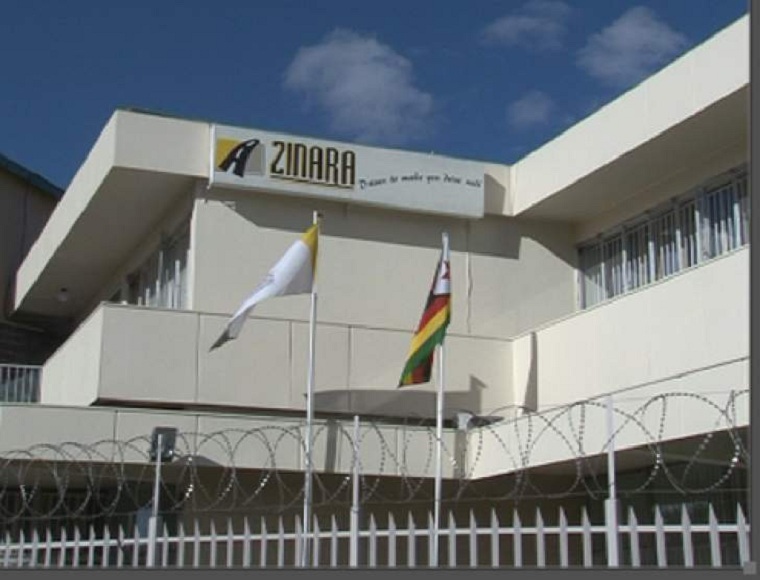Introduction
- The role of Parliament is spelt out in Section 119 of the Constitution, which obliges it to ensure that provisions of the Constitution are “upheld and that the State and all institutions and agencies of government at every level act constitutionally and in the national interest.”
- Accordingly, Parliament in general and the Public Accounts Committee in particular has the responsibility to ensure that accountability and openness of the State through oversight of activities of the Executive and its auxiliary bodies takes place.
- The purpose of oversight is to curb misuse of public funds, corruption and effect good practices. Parliament performs this duty through its oversight role and through the committee system.
- In carrying out its functions, Parliament has a sacrosanct power of oversight over all public bodies and entities. This power of oversight lies at the heart of the doctrine of separation of powers, defined as a foundational principle in Section 3 of the Constitution.
- In excising its powers of oversight, the Public Accounts Committee is a unique Parliamentary Committee that exercises special oversight over public resources.
- The unique power and role of the Public Accounts Committee is derived from Section 299 of the Constitution which reads as follows:
“Parliament must monitor and oversee expenditure by the State and all Commissions and institutions and agencies of Government at every level, including statutory bodies, government-controlled entities, provincial and metropolitan councils and local authorities, in order to ensure that-
- all revenue is accounted for;
- all expenditure has been properly incurred; and
- any limits and conditions on appropriations have been observed.”
7 The Public Accounts Committee is one of these committees of Parliament whose key functions is financial scrutiny. In all parliamentary jurisdictions, the Public Accounts Committee occupies a unique position and enjoys a special mandate as a post audit committee. The Public Accounts Committee does not regulate or question policy. It is simply there to ensure oversight over revenue and expenditure.
8 The Public Accounts Committee is constituted in terms of Standing Order No. 16 of the Standing Rules and Orders of the National Assembly which reads:
“Public Accounts Committee: There must be a Committee on Public Accounts, for the examination of the sums granted by Parliament to meet the public expenditure and of such other accounts laid before Parliament as the committee may think fit.”
Continued next page
(313 VIEWS)



